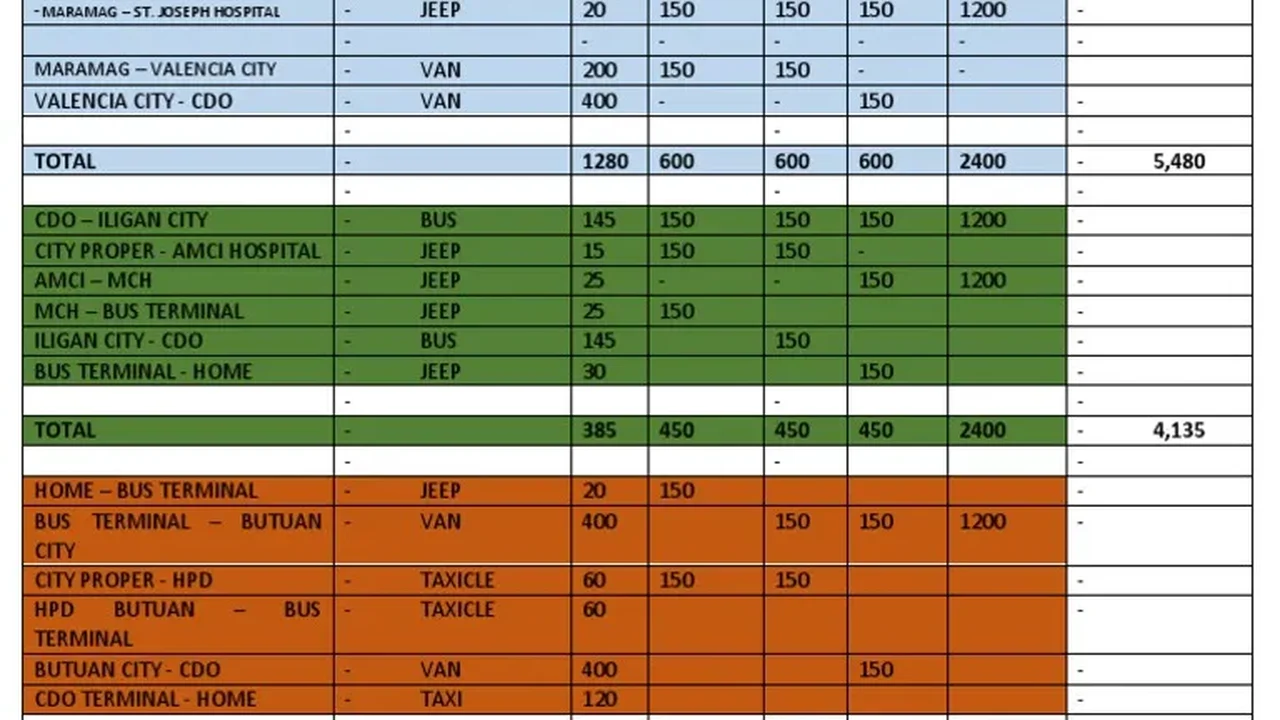Finding Remote Work Online
Discover online platforms for finding remote work. Learn about job boards, freelance websites, and networking strategies. Secure your next remote job and start your digital nomad journey.

Unlocking Opportunities: The Digital Nomad's Guide to Online Job Boards
So, you're dreaming of palm trees and strong Wi-Fi, but the thought of finding a remote job feels like climbing Everest in flip-flops? Don't sweat it! The internet is your best friend here. Forget the traditional 9-to-5 grind; there's a whole world of opportunities waiting for you online. Let's dive into the best places to hunt down that perfect remote gig, shall we?
FlexJobs: The Gold Standard for Remote Roles
FlexJobs is like the VIP lounge of job boards. They hand-screen every job to make sure it's legit, so you don't have to wade through scams and time-wasters. They have roles from entry-level to executive, and across tons of different fields. It's a subscription-based service, but trust me, the peace of mind and quality of the listings are worth the small fee.
Key Features:
- Hand-screened jobs for legitimacy
- Wide range of industries and experience levels
- Resources and articles for job seekers
Pricing: Starts around $14.95 per month.
We Work Remotely: Simplicity at its Finest
We Work Remotely is all about keeping things simple. Their website is super clean and easy to navigate. They focus exclusively on remote jobs, so you won't find any hybrid or in-office positions cluttering your search. It's a great place to find roles in design, programming, marketing, and customer service.
Key Features:
- Simple and easy-to-use interface
- Exclusively remote jobs
- Posts are curated and not automatically aggregated
Pricing: Free to browse, companies pay to post.
Remote.co: Community and Resources
Remote.co isn't just a job board; it's a community. They offer resources, articles, and expert advice to help you succeed in the remote world. Their job listings are solid, and they cover a broad range of industries. It’s a good spot to find both full-time and freelance gigs.
Key Features:
- Community resources and articles
- Diverse range of industries
- Both full-time and freelance options
Pricing: Free to browse, companies pay to post.
Freelance Platforms: Your Gateway to Project-Based Remote Work
Want to be your own boss and work on projects that excite you? Freelance platforms are where it's at! These sites connect you with clients who need your skills, whether you're a writer, designer, developer, or something else entirely.
Upwork: The King of Freelance Marketplaces
Upwork is the biggest player in the freelance game. It's got millions of clients and freelancers from all over the world. You can find pretty much any type of work on Upwork, but it can be competitive. Building a strong profile and pitching compelling proposals is key to success.
Key Features:
- Massive client and freelancer base
- Wide range of skills and industries
- Payment protection and dispute resolution
Pricing: Upwork charges a sliding scale fee, starting at 20% and decreasing as you bill more to a client.
Fiverr: Gigs for Every Budget
Fiverr is famous for its \"gig\" economy. Freelancers offer services starting at just $5 (though most charge much more). It's a great place to get your foot in the door and build your portfolio. You can find everything from logo design to voiceovers to social media management on Fiverr.
Key Features:
- Services offered at various price points
- Easy to create and sell gigs
- Good for building a portfolio
Pricing: Fiverr charges a 20% fee on each transaction.
Toptal: Elite Freelance Talent
Toptal is like the Ivy League of freelance platforms. They only accept the top 3% of freelance talent, so the competition is fierce. But if you've got the skills, Toptal can connect you with high-paying clients and challenging projects. They specialize in developers, designers, and finance experts.
Key Features:
- Highly selective talent pool
- High-paying clients and projects
- Focus on developers, designers, and finance experts
Pricing: Toptal's rates are premium, reflecting the quality of talent.
Networking Strategies: Building Connections in the Digital World
Finding a remote job isn't just about applying online; it's also about building connections. Networking can open doors to opportunities you wouldn't find on job boards. Here's how to network like a pro in the digital age.
LinkedIn: Your Professional Online Hub
LinkedIn is your online resume and networking hub all in one. Update your profile, connect with people in your industry, and join relevant groups. Don't be afraid to reach out to recruiters and hiring managers directly. A personalized message can go a long way.
Key Features:
- Professional networking platform
- Job search and application tools
- Opportunity to showcase your skills and experience
Pricing: Free basic account, premium options available.
Twitter: Engaging in Industry Conversations
Twitter might seem like a strange place to find a job, but it can be a powerful tool. Follow companies and influencers in your field, participate in industry conversations, and share your own insights. Use relevant hashtags to make your tweets discoverable.
Key Features:
- Real-time conversations and updates
- Opportunity to engage with industry leaders
- Use hashtags to expand your reach
Pricing: Free.
Online Communities: Finding Your Tribe
Join online communities related to your profession or industry. These communities can be a great source of information, support, and job leads. Look for groups on platforms like Slack, Discord, and Facebook.
Key Features:
- Connect with like-minded individuals
- Share knowledge and resources
- Discover job opportunities and networking events
Pricing: Varies depending on the community.
Tools of the Trade: Essential Resources for Your Remote Job Search
Having the right tools can make your remote job search much easier. Here are a few essential resources to help you stay organized, track your progress, and stand out from the crowd.
Asana or Trello: Project Management for Your Job Hunt
Treat your job search like a project. Use a project management tool like Asana or Trello to track your applications, set deadlines, and follow up with potential employers. This will help you stay organized and avoid missing opportunities.
Key Features:
- Task management and organization
- Collaboration features (if working with a team)
- Visual progress tracking
Pricing: Free basic plans, premium options available.
Grammarly: Polishing Your Communication
Good communication is essential for remote work. Use Grammarly to check your emails, cover letters, and proposals for grammar and spelling errors. A polished presentation can make a big difference.
Key Features:
- Grammar and spelling check
- Style suggestions and tone detection
- Integrates with various platforms
Pricing: Free basic plan, premium options available.
Calendly: Streamlining Your Scheduling
Scheduling interviews and meetings can be a pain. Use Calendly to let potential employers book time slots that work for you. This will save you time and hassle and make you look professional.
Key Features:
- Easy scheduling and appointment booking
- Integrates with calendars and video conferencing tools
- Customizable availability settings
Pricing: Free basic plan, premium options available.
Product Recommendations: Gear Up for Success
Let's talk gear! Here are a few products that can help you ace your remote job search and thrive as a digital nomad.
Logitech Brio Webcam: Make a Great Impression
A high-quality webcam is crucial for video interviews and meetings. The Logitech Brio offers 4K resolution, excellent low-light performance, and noise-canceling microphones. It's a bit pricey, but worth the investment if you want to make a professional impression.
Use Case: Video interviews, virtual meetings, online presentations
Comparison: Compared to the Logitech C920s, the Brio offers significantly better image quality and more advanced features. However, the C920s is a more affordable option for those on a budget.
Price: Around $200
Blue Yeti Microphone: Crystal-Clear Audio
Clear audio is just as important as good video. The Blue Yeti microphone is a popular choice among podcasters and remote workers. It offers multiple recording patterns, so you can optimize it for different situations. It's also easy to use and sounds fantastic.
Use Case: Online meetings, voiceovers, podcasting
Comparison: The Shure MV7 is another excellent option, offering a similar level of quality in a more compact design. The Blue Yeti is more versatile, while the Shure MV7 is more portable.
Price: Around $130
Noise-Canceling Headphones: Focus and Productivity
Distractions are the enemy of productivity. A good pair of noise-canceling headphones can help you block out the noise and focus on your work. The Sony WH-1000XM5 are widely considered to be the best on the market, offering exceptional noise cancellation and comfortable earcups.
Use Case: Blocking out distractions, listening to music, taking calls
Comparison: The Bose QuietComfort 45 are another top contender, offering a similar level of noise cancellation at a slightly lower price point. The Sony headphones have a more modern design, while the Bose headphones are more comfortable for some users.
Price: Around $400
:max_bytes(150000):strip_icc()/277019-baked-pork-chops-with-cream-of-mushroom-soup-DDMFS-beauty-4x3-BG-7505-5762b731cf30447d9cbbbbbf387beafa.jpg)






